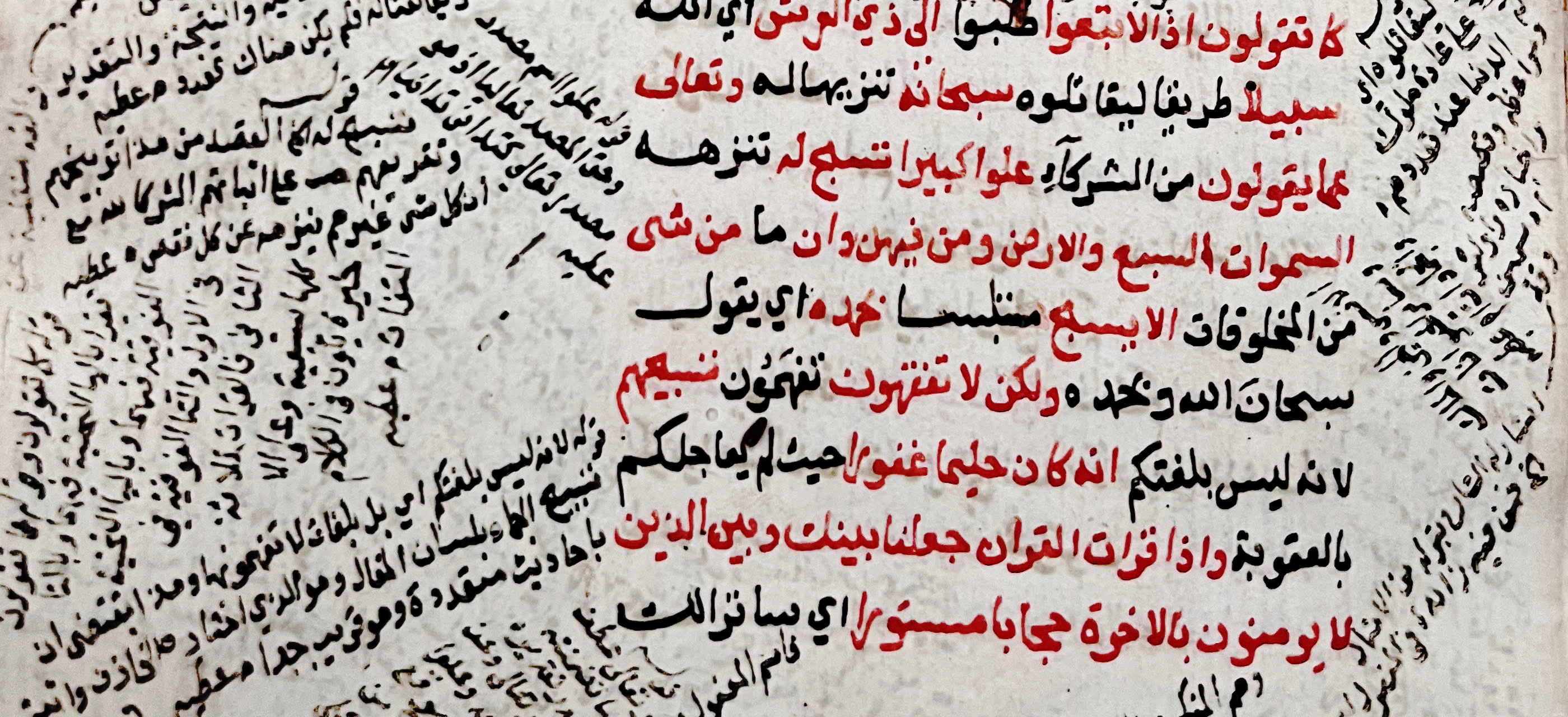Swahili Arabic: Imitation, Islam, and the Semiotics of Race in Zanzibar
Contenu
- Titre
- Swahili Arabic: Imitation, Islam, and the Semiotics of Race in Zanzibar
- Créateur
- Bolton, Caitlyn Voir tous les contenus avec cette valeur
- Résumé
- Swahili Arabic: Imitation, Islam, and the Semiotics of Race in Zanzibar by Caitlyn Bolton: This chapter traces the shifting historical modes by which racialized discourses about the “Swahili” have been marshalled to claim imitation and authenticity in Islamic practice in East Africa. When Zanzibar was made Oman’s capital in the 19th century, it initiated a period of Arabization. Both Arabness and Islamic authority were established through genealogy, and the Swahili term for “civilization” became ustaarabu, meaning “to become Arab-like.” Under British colonialism, the Swahili people were branded as a “mixed breed,” both Arab and African, and particularly prone to imitation. As such, their Islamic identity was deemed inauthentic and simply an imitation of Arabs without true belief. As racial tensions mounted ahead of independence, many Swahili began to identify instead as “Shirazi,” based on fictive descent from Persia. Shirazi identity allowed Zanzibaris to claim the Islamic authority associated with a great Islamic civilization while also asserting more authentic claims to indigeneity in Zanzibar compared to “alien” Arabs. Postcolonial Islamic reform movements also branded the Swahili as prone to imitation—but of the West, particularly in clothing. Given the unreliability of phenotypical racial classifications in Zanzibar, the Swahili employ semiotics to signal their racial and Islamic identity, particularly through language (Swahili-Arabic code switching) and clothing.
- Est une partie de
- The Routledge Handbook of Islam and Race Voir tous les contenus avec cette valeur
- Couverture spatiale
- London
- Editeur
- Routledge Voir tous les contenus avec cette valeur
- Date
- 2024
- Langue
- eng
- ISBN
- 978-0-429-05887-5
- Titre abrégé
- Swahili Arabic
Bolton, Caitlyn, “Swahili Arabic: Imitation, Islam, and the Semiotics of Race in Zanzibar”, Routledge, 2024, bibliographie, consulté le 22 décembre 2024, https://ibadica.org/s/bibliographie/item/26408
Position : 22307 (10 vues)

